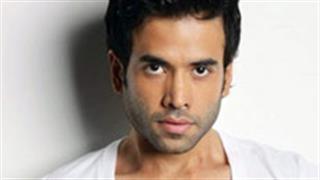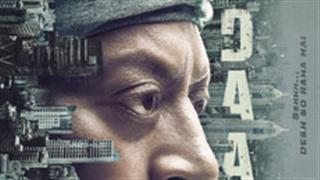The recently released "Udta Punjab", which deals with the drug problem in the state, ran into trouble after the CBFC suggested multiple cuts. The matter later reached the Bombay High Court, which cleared the movie with just one cut.
"I think the entire process of certification or evaluation of films needs to go through a sea change. I think the process needs to get simpler, faster and should become more rational," Chaubey told PTI here.
The filmmaker said the thought process of the audience has changed and there is no point in considering the age old Cinematograph Act for censoring or certifying films.
"The society has changed, India has changed, the way we look at the world has changed. I see no reason why the act that was created during British era should stay. I think it needs to be rationalized.
"Only then we will be able to move in the right direction and look at evaluating movies, look at certifying them rather than censoring them," he said.

Chaubey, 39, said the logic of hurting the sentiments of somebody, mentioned in the Cinematograph Act is "vague and subjective".
"What might hurt your sentiment, will absolutely have no effect on mine or to 1,000 other people. Where do we draw the line?"
The "Dedh Ishqiya" director feels India does not need censorship as the country is a mature democracy and a progressive society.
"Why have laws that do not belong to a progressive democracy. No progressive democracy in the world has censorship. We are a progressive country," he said.
He, however, said there should be some mechanism to certify films.
"There has to be a mechanism. Censorship has to go. There has to be a certification process. We need to have a body that tells and decides in conjunction with the filmmakers.
"Whether a film is fit to be viewed by children or not, a rating system needs to come into place. I think that is the true step forward," Chaubey said.




















